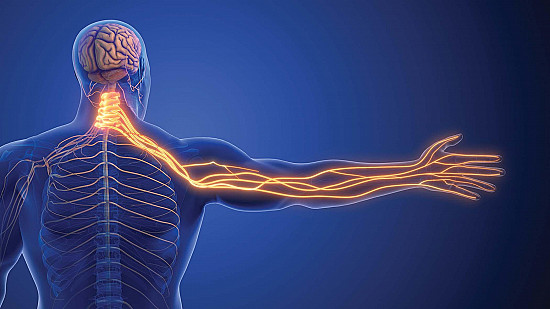
Driving with arthritis pain: Stay comfortable — and safe — behind the wheel

Daily cup of coffee may prevent afib recurrence

Gene-editing therapy lowers harmful blood fats in early study

What is EMDR therapy, and who can it help?

GLP-1 drugs versus bariatric surgery for treating obesity

Two dumbbells, three exercises, and 10 minutes

Easing the emotional burden of IBS

Modify your push-ups to meet your fitness level

What is long QT syndrome?

Stroke survivors may benefit from very low LDL levels
Addiction to prescription drugs
Many people associate drug abuse with illegal drugs such as cocaine or heroin. But addiction is far more common with prescription medications such as sleeping pills and tranquilizers. Drug dependence, which can be psychological or physical, is an uncontrollable desire to experience the pleasurable effects of a drug or to prevent the unpleasant effects of withdrawal.
Your body can build up a tolerance to a drug so that the dose must be increased to achieve the same results. This effect is called drug tolerance. It is characteristic of most commonly abused drugs, including alcohol, nicotine, and caffeine. Commonly abused prescription and over-the-counter medicines include opioids such as hydrocodone (Vicodin) and oxycodone (OxyContin, Percocet), sleep medicines such as zolpidem (Ambien) and eszopiclone (Lunesta), and stimulants such as methylphenidate (Concerta, Ritalin).
When a person becomes physically dependent on a prescription medicine, the body has adapted to the drug's effects so much that stopping it causes withdrawal symptoms. The only way to get free of it is to slowly use less and less, under a doctor's supervision, to prevent severe symptoms of withdrawal.
In a small number of people (particularly those who have addiction problems with other substances), addictive behavior can develop during treatment with narcotics or tranquilizers. In these circumstances, supportive counseling combined with careful monitoring of prescribed dosages may be necessary to prevent addiction.
To avoid becoming addicted to a medication, take it as directed, be aware of the signs of dependency, and use it only for short-term treatment. Talk to your doctor about other methods of treating the underlying problem, and seek counseling if you think you have become addicted to a prescription drug.
Disclaimer:
As a service to our readers, Harvard Health Publishing provides access to our library of archived content. Please note the date of last review or update on all articles.
No content on this site, regardless of date, should ever be used as a substitute for direct medical advice from your doctor or other qualified clinician.

Driving with arthritis pain: Stay comfortable — and safe — behind the wheel

Daily cup of coffee may prevent afib recurrence

Gene-editing therapy lowers harmful blood fats in early study

What is EMDR therapy, and who can it help?

GLP-1 drugs versus bariatric surgery for treating obesity

Two dumbbells, three exercises, and 10 minutes

Easing the emotional burden of IBS

Modify your push-ups to meet your fitness level

What is long QT syndrome?

Stroke survivors may benefit from very low LDL levels
Free Healthbeat Signup
Get the latest in health news delivered to your inbox!
Sign Up




